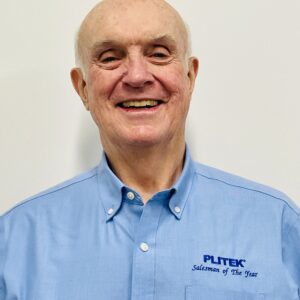As our medical converting business continues to expand, it is essential to have a dedicated expert who can offer exceptional support and medical converting strategic solutions to our clients. Gerald is uniquely positioned to fulfill this role with his extensive and diverse background in sales, international sales, purchasing, plant management, and general management, including his experience as a corporate officer for two multinational corporations.
Gerald’s consultative approach and unwavering passion for helping customers will be invaluable in providing medical converting solutions. With a strong educational foundation that includes a BS in Chemistry/Mathematics and an MBA from Northern Illinois University, along with a Certificate in Corporate Governance from Notre Dame’s Mendoza School of Business, Gerald combines technical expertise with strategic insight.
In his new role, Gerald will be dedicated to understanding our clients’ needs, providing tailored solutions, and ensuring their continued success. We are confident that his leadership and commitment will greatly contribute to our ongoing growth and client satisfaction.
At PLITEK, we pride ourselves on our extensive capabilities, including ISO Class 8 clean rooms, precision die-cutting, laser cutting, custom clean room film extrusion, slitting, multi-layer laminating, adhesive coating, release liner coating, and comprehensive packaging and fulfillment services.
Gerald’s expertise in sales, international operations, and management perfectly aligns with our mission to deliver innovative solutions tailored to our clients’ needs. His leadership will be instrumental in leveraging our advanced capabilities to drive success and enhance customer satisfaction. Congratulations, Gerald!

